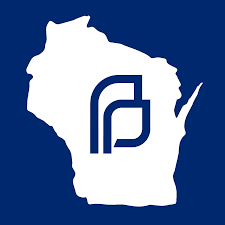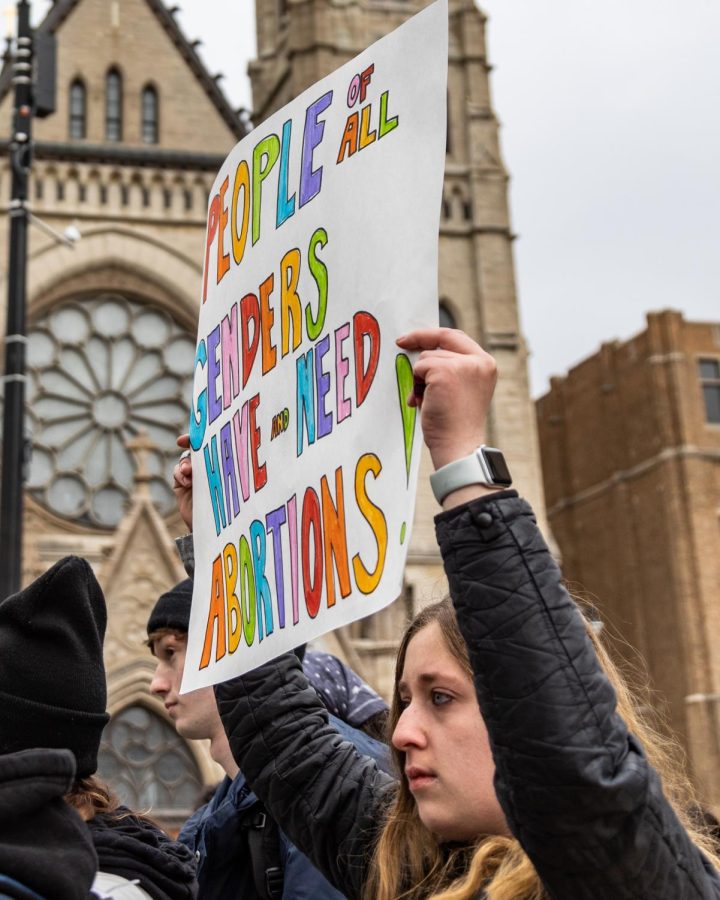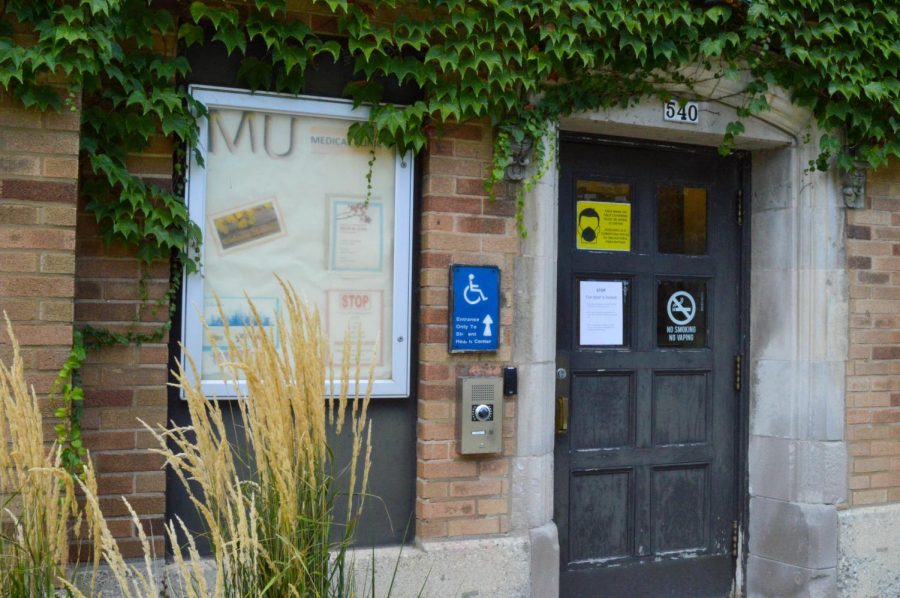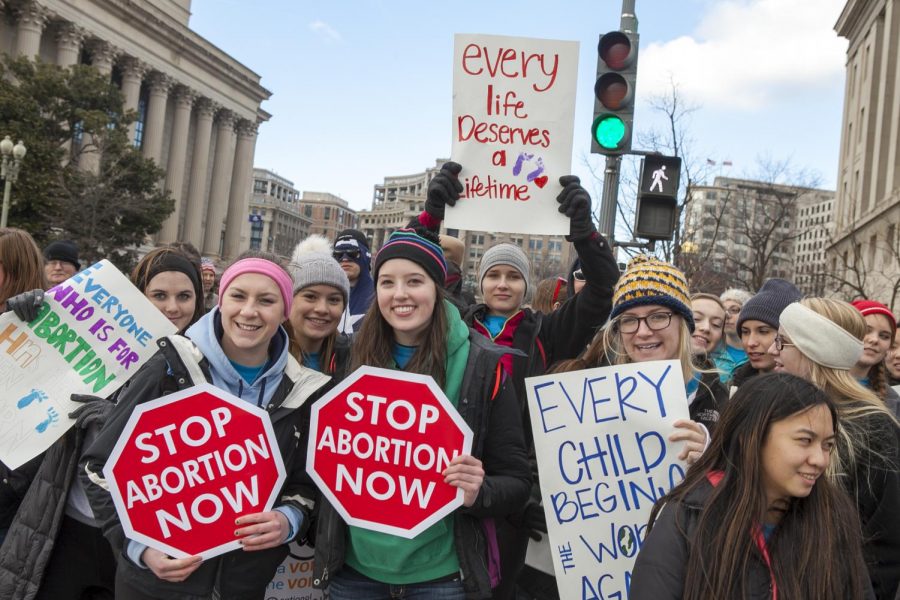
As of Sept. 18, Planned Parenthood’s abortion services resumed in Milwaukee and Madison. The resumption comes after a decision from Dane County Circuit Judge Diane Schlipper who ruled that the 1849 abortion ban in fact does not contain the legal language necessary to ban the procedure.
Services from clinics like Planned Parenthood have resumed but citizens are confused about what this decision exactly means for them. We are here to hopefully help explain the judge’s statement, which our newsroom felt was both confusing and a need for public education.
The day after resuming abortion services several bills were put forward by Republicans in Wisconsin state legislature that would restrict abortion access. Those bills include one aimed at limiting abortion care training within the UW hospital system.
Coming into the election year, abortion remains a top issue nationally. With Wisconsin being a battleground state and abortion being an election-swinging issue, understanding fully the language of this statute is a matter of public service.
To fully understand the decision, it’s important to first understand the context of the situation.
In 1849, Wisconsin passed a law that outlawed abortions in any case aside from a need to save the life of the mother. That law was then deemed unconstitutional with the decision of Roe v. Wade in 1973. During that case, the U.S. Supreme Court legalized abortion.
With this decision the 1849 law was deemed null and void, but Wisconsin legislators never repealed the statute. Then, in June 2022 when the Roe v. Wade decision was overturned in Dobbs v. Jackson Women’s Health Organization, the law was put back into action.
Once the decision was made and the law reinstated, Wisconsin Attorney General Josh Kaul filed a lawsuit to repeal the ban. He stated that there are other laws, mainly one from 1985, that supersedes the 1849 ruling. The 1985 statute outlaws abortions performed after the fetus is deemed viable and able to survive outside the womb, but abortions before that point are legal.
Despite being handed down in Dane County, the decision also led to the resumption of services in Milwaukee County. This is because John Chisholm, Milwaukee County district attorney, has promised to not prosecute abortion providers.
Similarly, Dane County District Attorney Ismael Ozanne agreed to not litigate against abortion providers. This means that services have resumed in two of the three cities that provided abortion services prior to the overturning of Roe v. Wade.
Sheboygan also provided abortion services before June 2022 but Sheboygan County District Attorney Joel Urmanski has stated that he intends to enforce the 1849 law.
In her decision, Judge Diane Schlipper explains that since the law never includes the word “abortion,” it was never in fact referring to the practice of medical abortions.
The statute reads “Any person, other than the mother, who intentionally destroys the life of an unborn child is guilty of a Class H felony.” Judge Schlipper interpreted this to mean anyone who engages in feticide — the murder of a fetus — is guilty of a felony.
She has drawn a clear line between feticide and “therapeutic abortion.” Feticide is defined as when an assault results in the loss of a fetus against the wishes of the pregnant party, while therapeutic abortion refers to a mutually agreed upon termination of a pregnancy between the pregnant person and their physician. A therapeutic abortion must also be performed by a physician and be necessary to save the life of the mother.
Since nullifying the 1849 law, the 1985 statute will instead become the enforced ruling.
However, it is important to note that doctors cannot agree on when the window of viability opens: some say fetuses as young as 20 weeks, while others say as late as 26 weeks.
This is not a final order but is still enforceable throughout the state of Wisconsin. However, it does have the capacity to be appealed.
The case will most likely proceed to the Wisconsin Supreme Court which now has a 4-3 liberal majority after swearing in new Chief Judge Janet Protasiewicz. Judge Protasiewicz has previously expressed her support for abortion rights but only time will tell.
For further reading, refer to the Associated Press, Wisconsin Public Radio or National Public Radio.
Editorial topics by the Marquette Wire are decided at weekly meetings between members of the executive board. The editorial is crafted with leadership by the executive opinions editor. The executive board consists of the executive director of the Wire, managing editor of the Marquette Tribune, managing editor of the Marquette Journal, general manager of MUTV, general manager of MUR and the editor of diversity and inclusion








